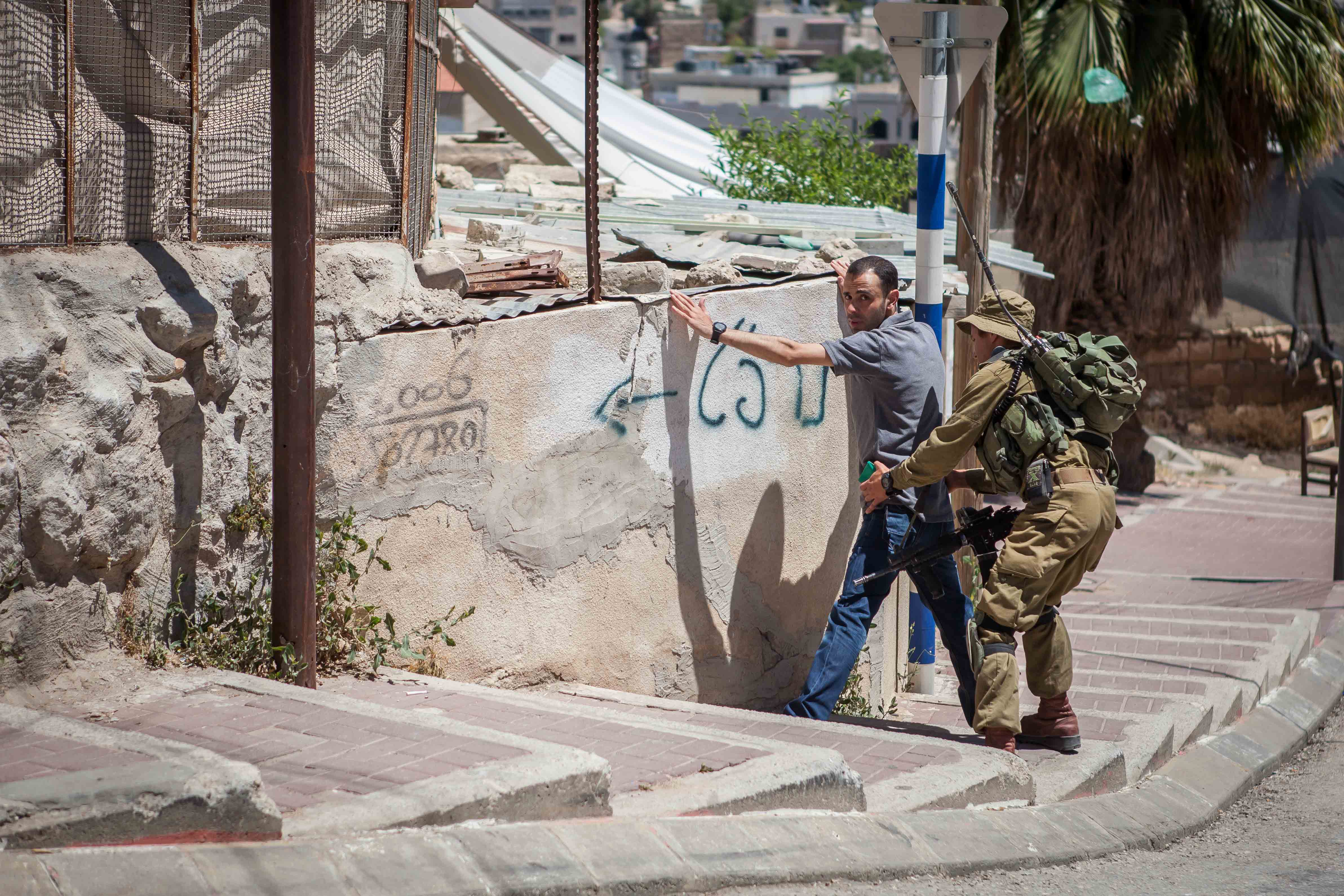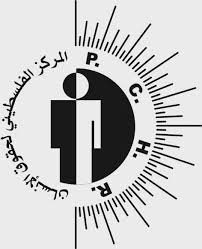-
VIDEO: Israeli soldiers and settlers attack Palestinians and ISM volunteers in Hebron
2nd July 2014 | International Solidarity Movement, Khalil Team | Tel Rumeida, Occupied Palestine For the past two days in al-Khalil (Hebron) Israeli soldiers have stopped and searched many Palestinians in Tel Rumeida. At approximately 22:00 two nights ago, a colonial settler began aggressively photographing Palestinian children who were playing football in the street on Tel Rumeida hill. Two ISM activists began […]
-
Israeli forces kill Palestinian in Jenin, destroy 2 houses in Hebron, and launch airstrikes on Gaza
1st July 2014 | Palestinian Center for Human Rights | Occupied Palestine Following the declaration of finding of the bodies of 3 Israeli settlers who had been missing since 12 June 2014, Israeli forces have escalated their attacks against Palestinian civilians in the occupied Palestinian territory (oPt). Last night and this morning, Israeli forces killed a Palestinian civilian […]
-
Interview with 15-year-old Awne Shamsiyeh: “the camera is like a weapon, so I can resist non-violently”
29th June 2014 | International Solidarity Movement, Khalil Team | Tel Rumeida, Occupied Palestine In Al-Khalil (Hebron) in the Tel Rumeida area, 15-year old Awne Shamsiyeh lives with his family. After the Hebron Agreement (1997), the city was divided into two areas, H1 (supposedly under full Palestinian Authority civil and security control) and H2, (under full Israeli military civil […]
Action Alert An Nabi Saleh Apartheid Wall Arrests BDS Bethlehem Bil'in Cast Lead Demonstration Denial of Entry Ethnic Cleansing Farmers Gaza Global Actions Hebron House Demolition International law Israeli Army Jerusalem Live Ammunition Nablus Ni'lin Prisoner Ramallah Rubber-coated steel bullets Settlement Settlers Settler violence Tear-Gas Canister Video



